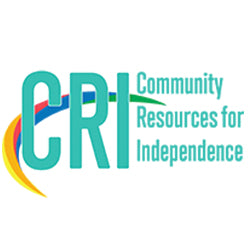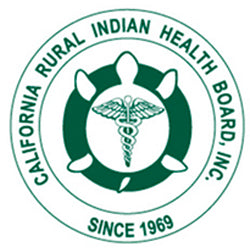Self-monitoring your blood pressure with an accurate monitor is key in maintaining optimal heart health. Having a blood pressure monitor at home is one thing. Obtaining accurate readings? Now, that’s a whole other story!
Your blood pressure is subject to fluctuations. Throughout the day, your blood pressure responds to your mood, your physical activity, and time of day.
So, if the rises and falls of your blood pressure are out of your control, what can you do to make sure your readings are as precise as possible?
Complete the steps as described below and you’ll be amazed by the accuracy of the results.
-
The 30-minute-wait rule
A hasty start is ill-advised when it comes to blood pressure measurement. Only measure when your bladder is empty. Visit the bathroom just to be sure. Do not drink any hot or cold beverages 30 minutes prior to a BP measurement. The same goes for smoking. Wait for at least a half-hour after a cigarette before you measure. The same applies to physical exercise. After a workout, wait 30 minutes before a BP measurement.
-
When you sit down to measure…
After taking all the necessary steps, take a set at the table in a comfortable chair. Make sure both of your feet are resting on the floor. Your back and arms need to be supported and your legs should be uncrossed. Comfortable? Now, take a couple of minutes to relax. Take a deep breath and unwind.
-
Last but not least
When you are ready to measure, place the upper arm cuff directly on your arm. Do not measure over your clothes. When your blood pressure monitor is measuring your pressure make sure to sit still and not talk.
You can use these rules as a guideline to obtain accurate measurements. It also helps to read the instructions of your blood pressure monitor before the first use.
Try iProven's Blood Pressure Monitor BPM-317. Complete with AHA's newest blood pressure categories. Now available on Amazon.
A blood pressure of 180/120 mmHg or higher is considered a hypertensive crisis. Always take a hypertensive crisis seriously. Follow these steps:
If your blood pressure is higher than 180/120 mmHg and you are experiencing chest pain, shortness of breath, back pain, numbness/weakness, change in vision, or difficulty speaking, do not wait to see if your pressure comes down on its own. Call 911.
- A blood pressure of 180/120 mmHg or higher shows up on the display.
- Wait a few minutes and measure again.
- Is your blood pressure still high?
- Contact your doctor immediately.
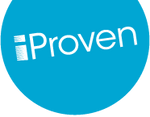



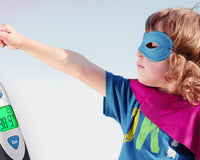

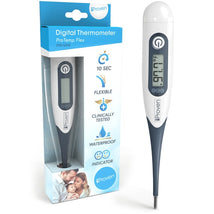
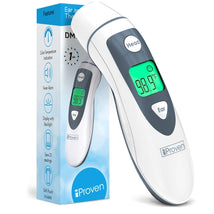
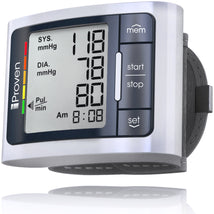
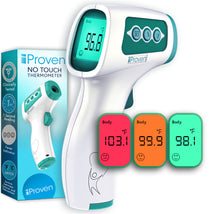

![iProven DMT-77 No-Touch Forehead Thermometer for Adults, Kids, Babies [Superior Accuracy, Upgraded Fever Alarm, Quiet Vibration Alerts] Digital Infrared Baby Thermometer with Ear Mode, Hypothermia Alarm](http://iproven.com/cdn/shop/files/AMI_DMT-77_image1_V3.3_MP_1_214x.jpg?v=1690531003)









